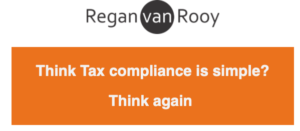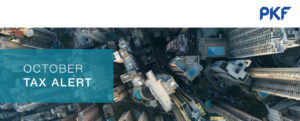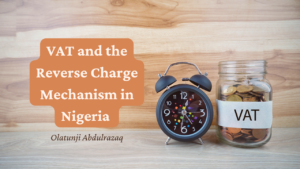Paper by: Jean Chrysostome Kanamugire
“Tax avoidance connotes stratagems which are prima facie lawful, i.e. which are lawful unless expressly proscribed by
the Act.”1 Many taxpayers seek ways of arranging their affairs so as to escape tax, or reduce or postpone their liability.
Persons are free to structure their affairs in order to minimise income tax. In IRC v Duke of Westminster,2 Lord Tomlin
said that “every man is entitled, if he can, to order his affairs so that the tax attaching under the appropriate Acts is less
than it otherwise would be.” Furthermore, in CIR v Sunnyside Centre (Pty) Ltd,3 the court held that “a taxpayer is entitled
to order his affairs so as to pay the minimum of tax.” In CIR v Conhage (Pty) (Ltd),4 the Supreme Court of Appeals (SCA)
said that “within the bounds of any anti-avoidance provisions in the relevant legislation, a taxpayer may minimise his tax
liability by arranging his affairs in a suitable manner.”
However, courts have expressed their disagreement with regard to tax avoidance. In Lord Vestey’s Executors and
Another v IRC,5 Lord Normand said that “tax avoidance is an evil, but it would be the beginning of much greater evil if the
courts were to overstretch the language of the statute in order to subject to taxation people of whom they disapproved.”






